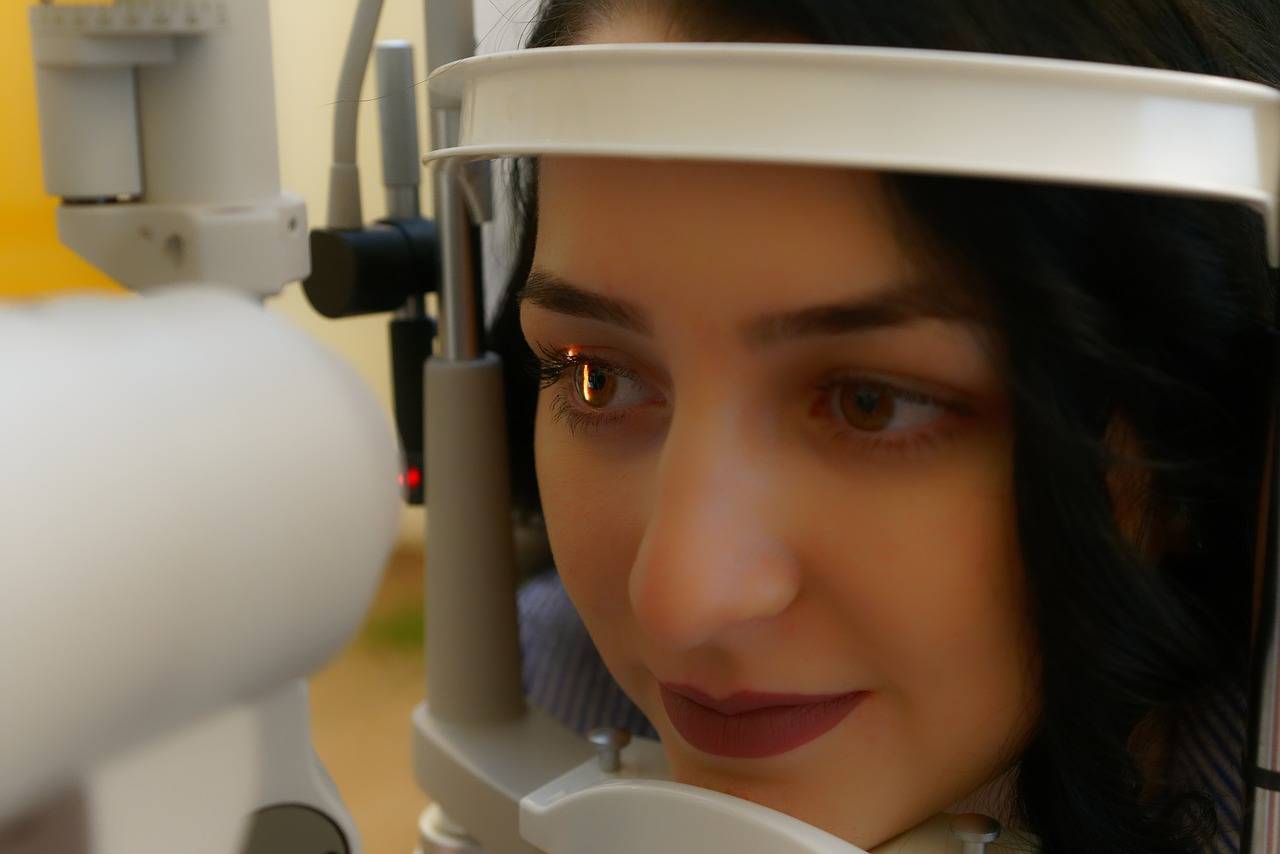The Future of Genomic Medicine: Trends and Developments
Genomic medicine is a branch of healthcare that utilizes an individual’s genetic information for the prevention, diagnosis, and treatment of diseases. By analyzing an individual’s DNA, healthcare providers can tailor medical decisions and interventions to a person’s unique genetic makeup. This personalized approach holds the potential to revolutionize how medical professionals understand and address various health conditions, leading to more effective and efficient treatments.
The field of genomic medicine has seen significant growth in recent years, driven by advancements in technology that have enabled the rapid, cost-effective sequencing of an individual’s entire genome. This has provided researchers and healthcare providers with valuable insights into the genetic factors underlying different diseases, paving the way for more targeted and personalized treatment strategies. As our understanding of the human genome continues to expand, the role of genomic medicine in shaping the future of healthcare is becoming increasingly prominent.
• Genomic medicine utilizes genetic information for prevention, diagnosis, and treatment of diseases
• Personalized approach revolutionizes medical decisions based on individual genetic makeup
• Advancements in technology enable rapid sequencing of entire genomes
• Insights into genetic factors lead to targeted and personalized treatment strategies
• Role of genomic medicine in shaping the future of healthcare is becoming increasingly prominent
Impact of Genomic Medicine on Personalized Healthcare
Genomic medicine has revolutionized the field of personalized healthcare by allowing for more targeted and individualized treatment plans. By analyzing a patient’s genetic makeup, healthcare providers can tailor interventions to the specific genetic variations that may impact their response to medications or susceptibility to certain diseases. This level of personalized medicine has the potential to improve patient outcomes by minimizing adverse reactions and maximizing the efficacy of treatments.
Furthermore, the integration of genomic data into healthcare practices has opened up opportunities for preventive medicine on a whole new level. By identifying genetic predispositions to certain conditions, healthcare providers can work with patients to develop proactive strategies to mitigate risks and promote long-term health and wellness. This shift towards a more proactive approach to healthcare has the potential to not only save lives but also reduce financial burdens on healthcare systems by preventing the onset of costly diseases.
Advancements in Genomic Technologies
Advancements in genomic technologies have revolutionized the field of medicine, enabling researchers and healthcare professionals to better understand the genetic basis of diseases. One significant development is next-generation sequencing (NGS), which allows for faster and more cost-effective sequencing of an individual’s entire genome. This technology has paved the way for personalized medicine, where treatment plans can be tailored to a patient’s specific genetic makeup, leading to more targeted and effective interventions.
Another key advancement in genomic technologies is the CRISPR-Cas9 gene editing system, which provides a precise and efficient way to modify DNA sequences. This tool has immense potential in correcting genetic mutations that cause diseases, offering hope for the development of novel therapeutic strategies. In addition, CRISPR-Cas9 has opened up new possibilities for studying gene function and regulation, contributing to a deeper understanding of the genetic mechanisms underlying various health conditions.
What is genomic medicine?
Genomic medicine is a branch of medicine that involves using a patient’s genetic information to guide their healthcare, diagnosis, and treatment.
How does genomic medicine impact personalized healthcare?
Genomic medicine allows healthcare providers to tailor treatments and interventions to an individual’s genetic makeup, leading to more personalized and effective healthcare.
What are some of the advancements in genomic technologies?
Advancements in genomic technologies include next-generation sequencing, CRISPR gene editing, and bioinformatics tools that analyze vast amounts of genetic data quickly and accurately.
How can genomic technologies benefit patients?
Genomic technologies can help identify genetic mutations that may predispose individuals to certain diseases, allowing for early intervention and personalized treatment plans. They can also help predict how a patient will respond to certain medications, optimizing drug therapy.
Are there any ethical considerations to be aware of with genomic technologies?
Yes, there are ethical concerns surrounding genetic privacy, informed consent, and the potential for discrimination based on genetic information. It is important for healthcare providers and researchers to address these issues responsibly.





